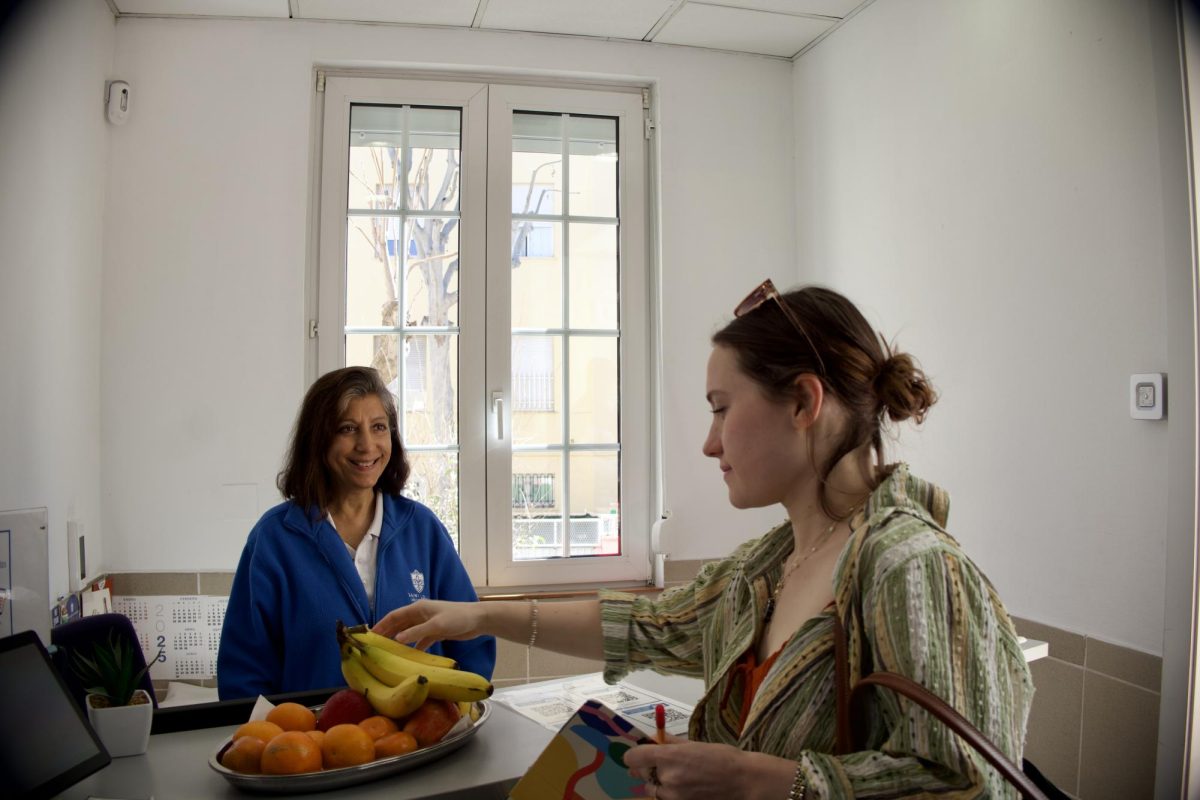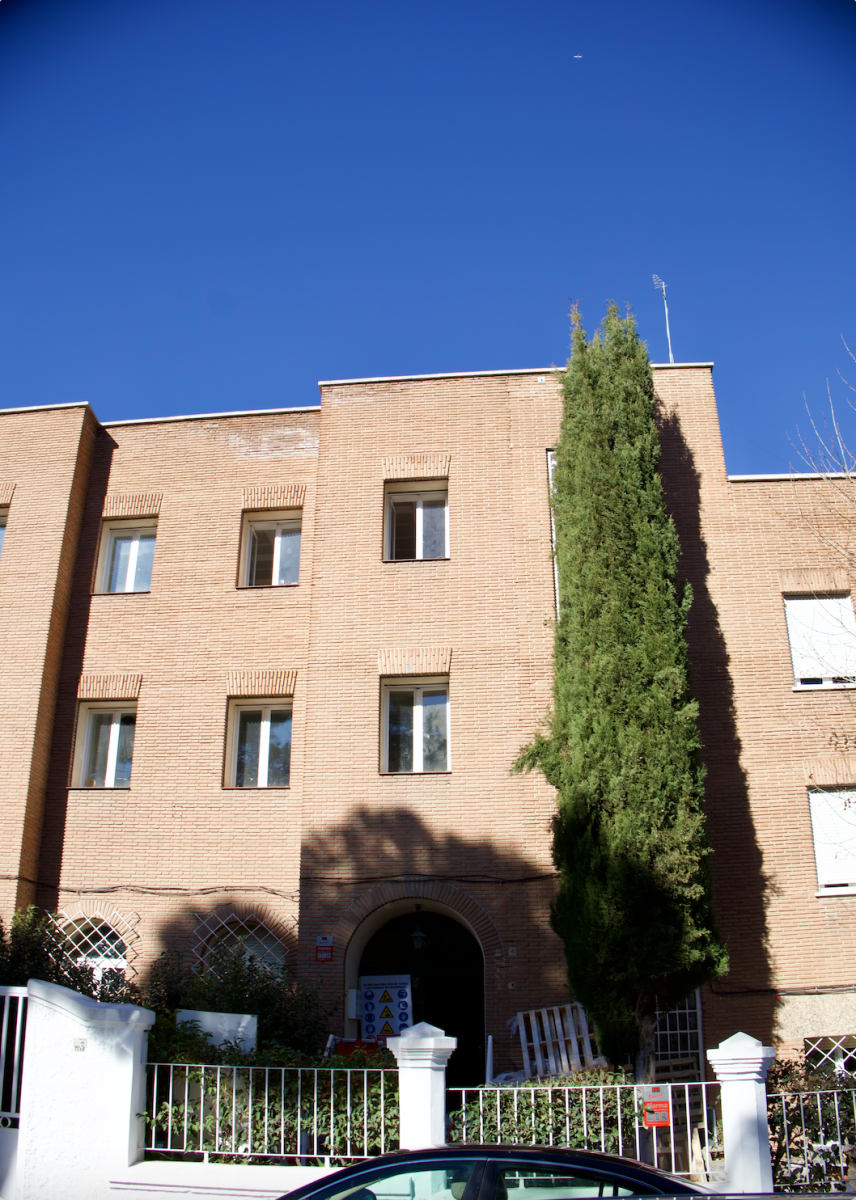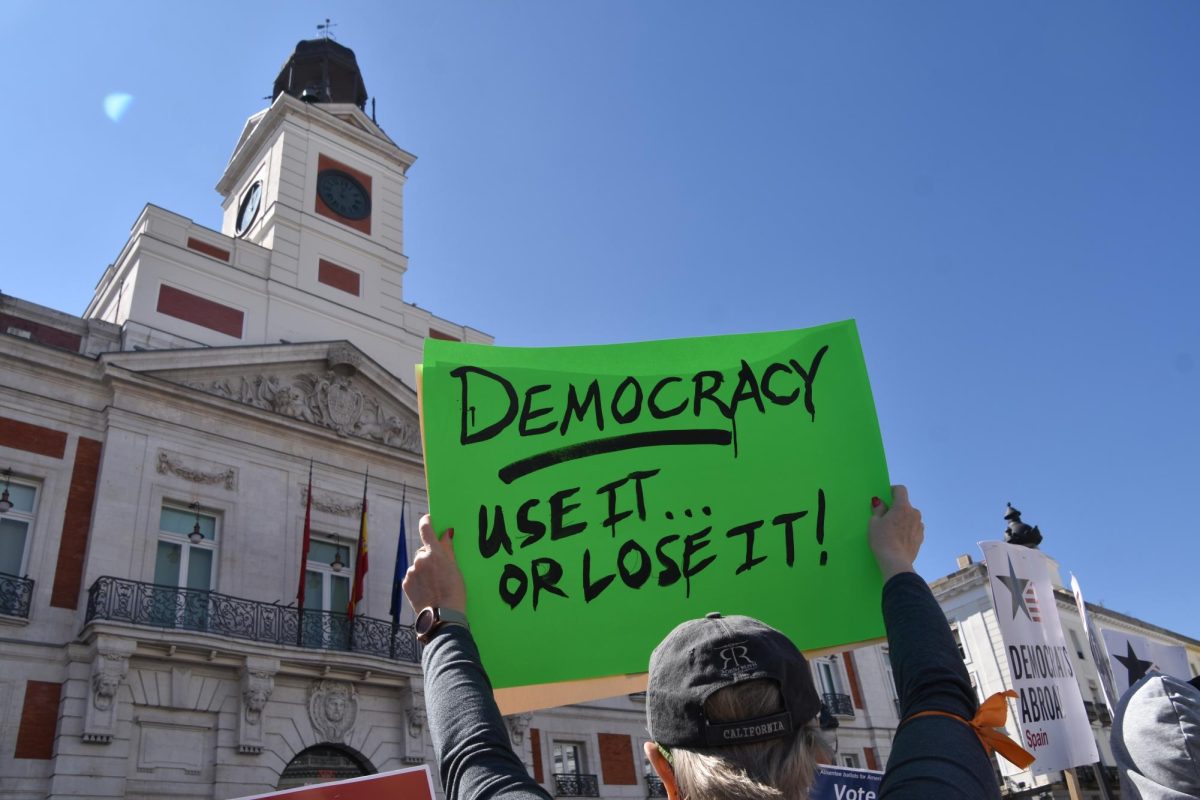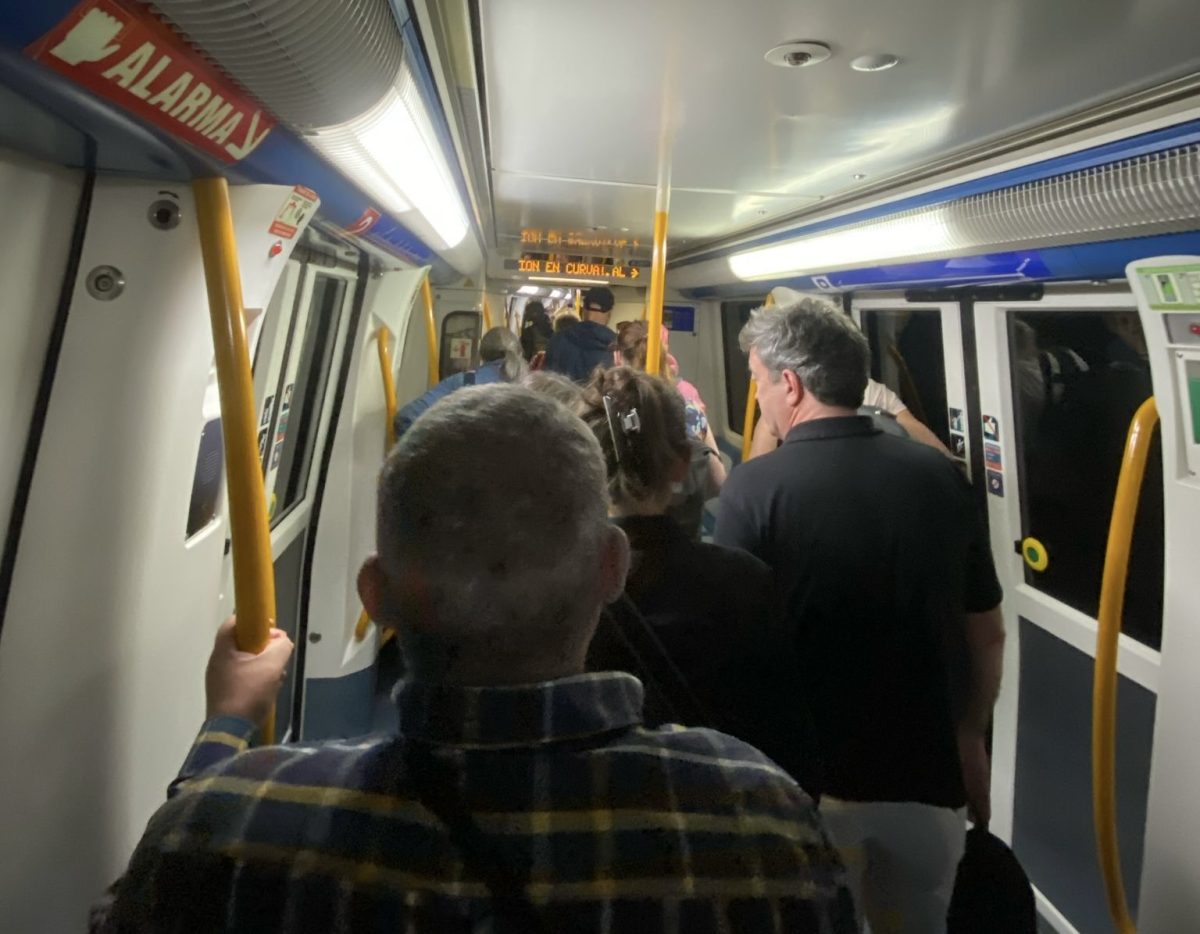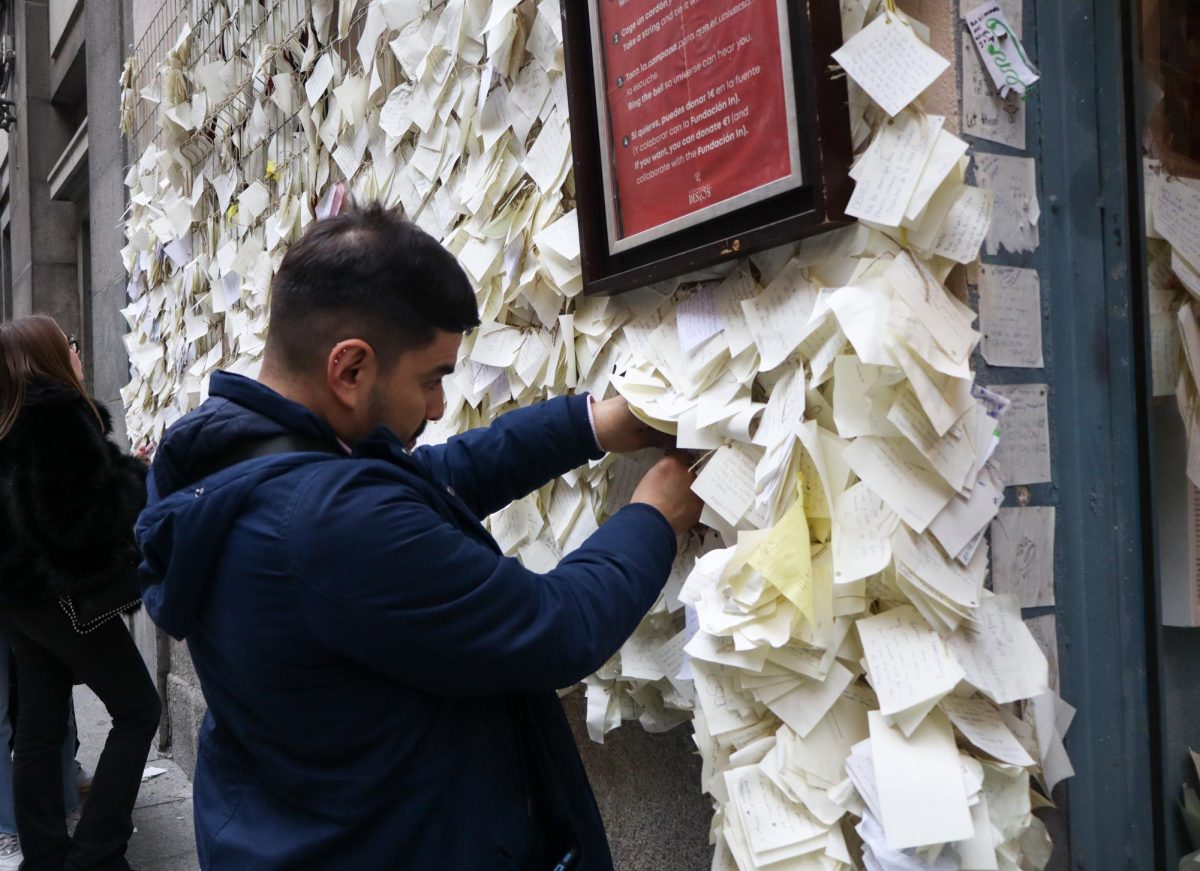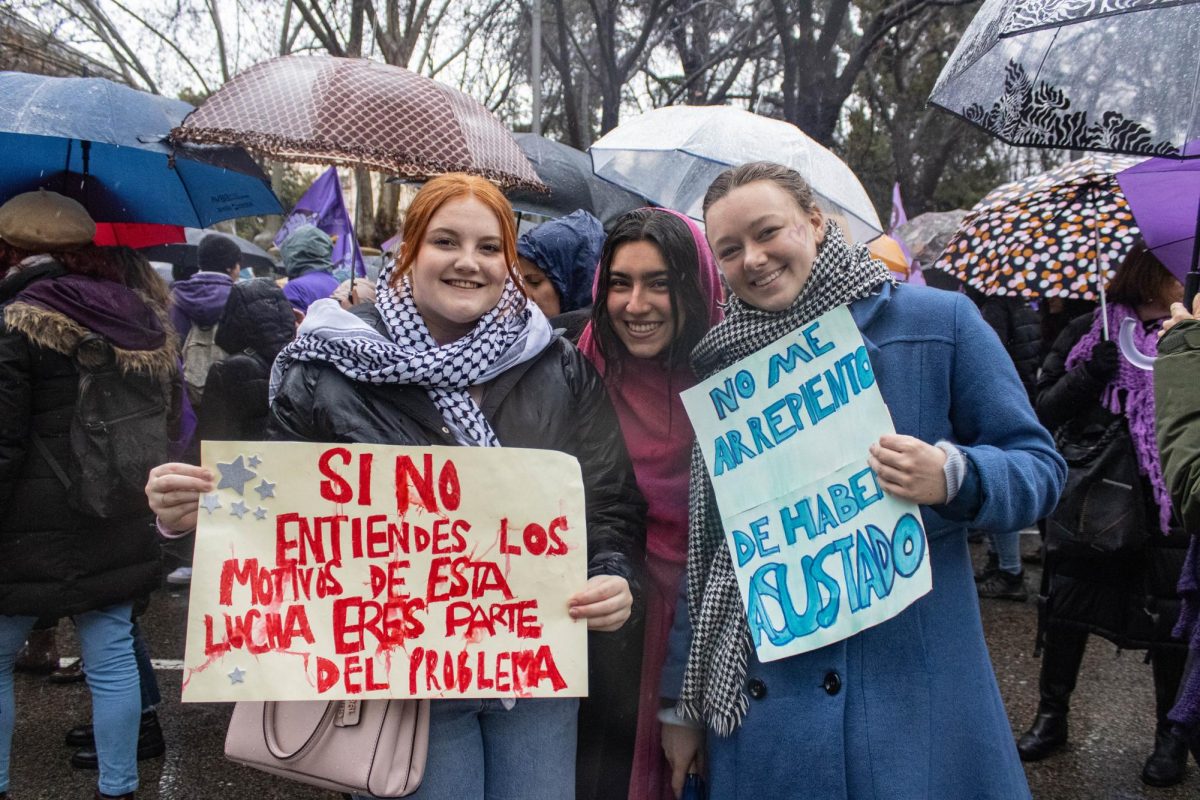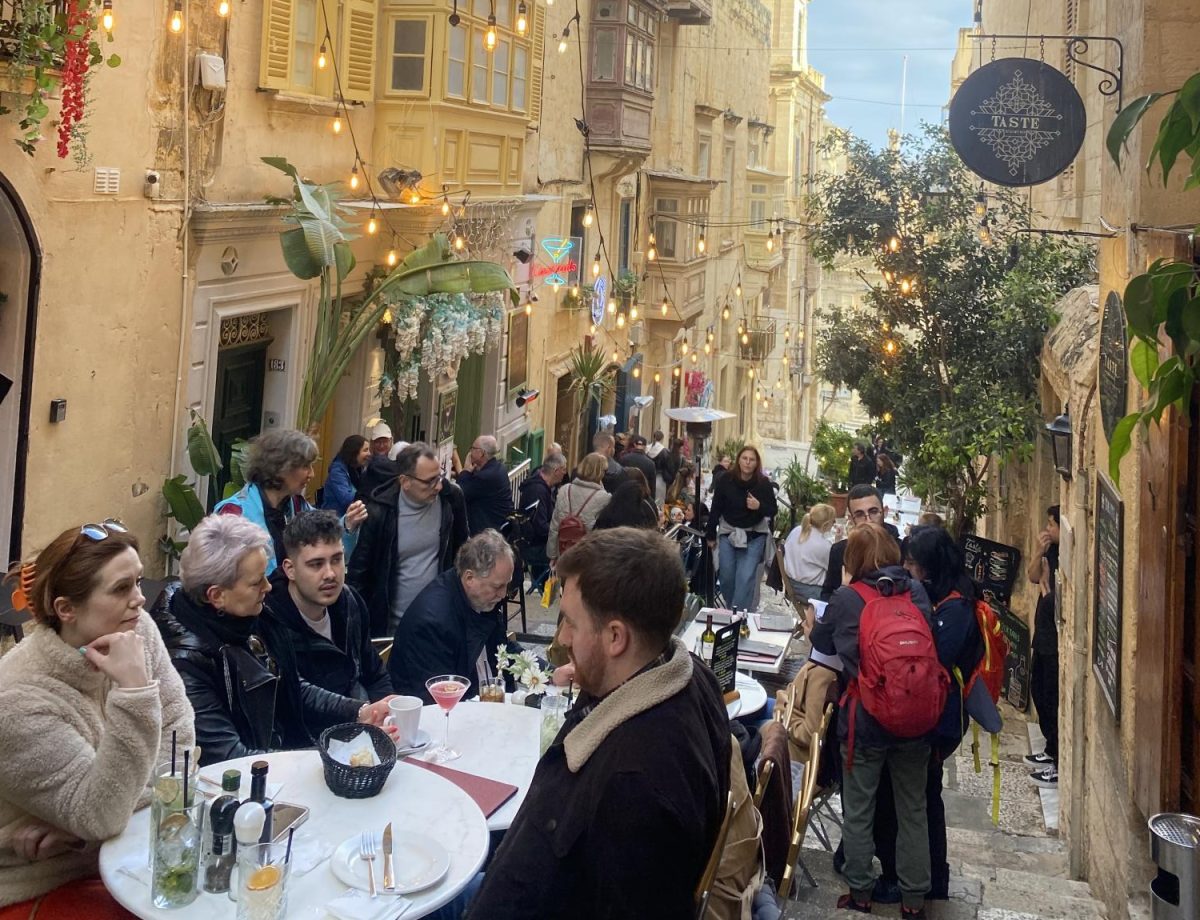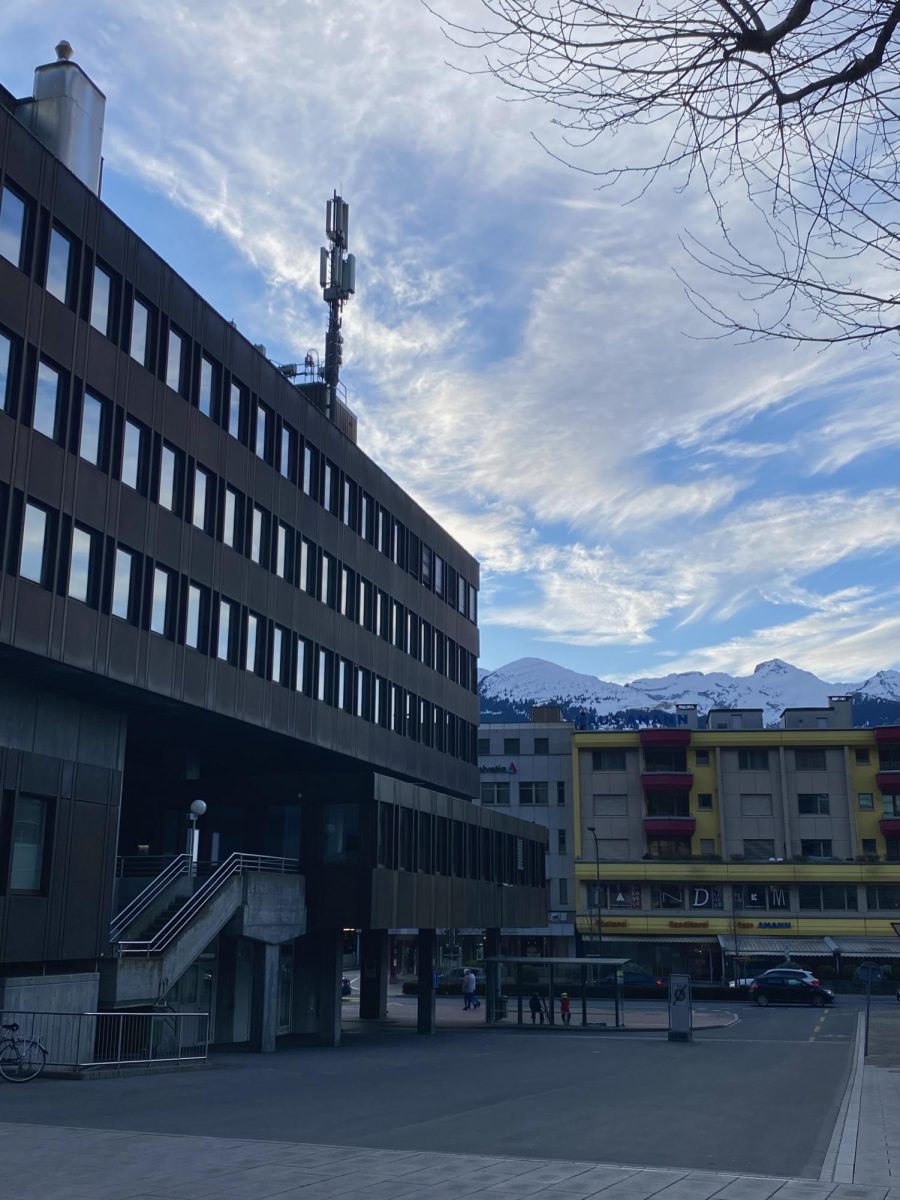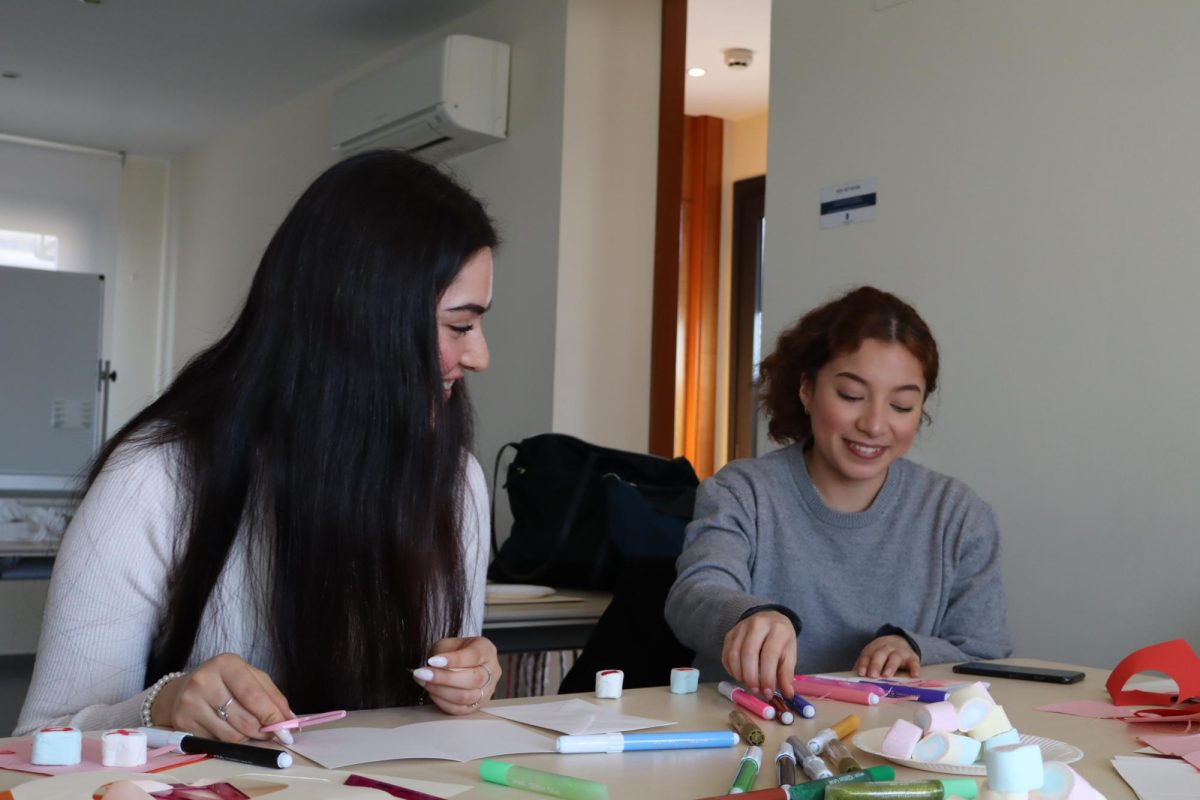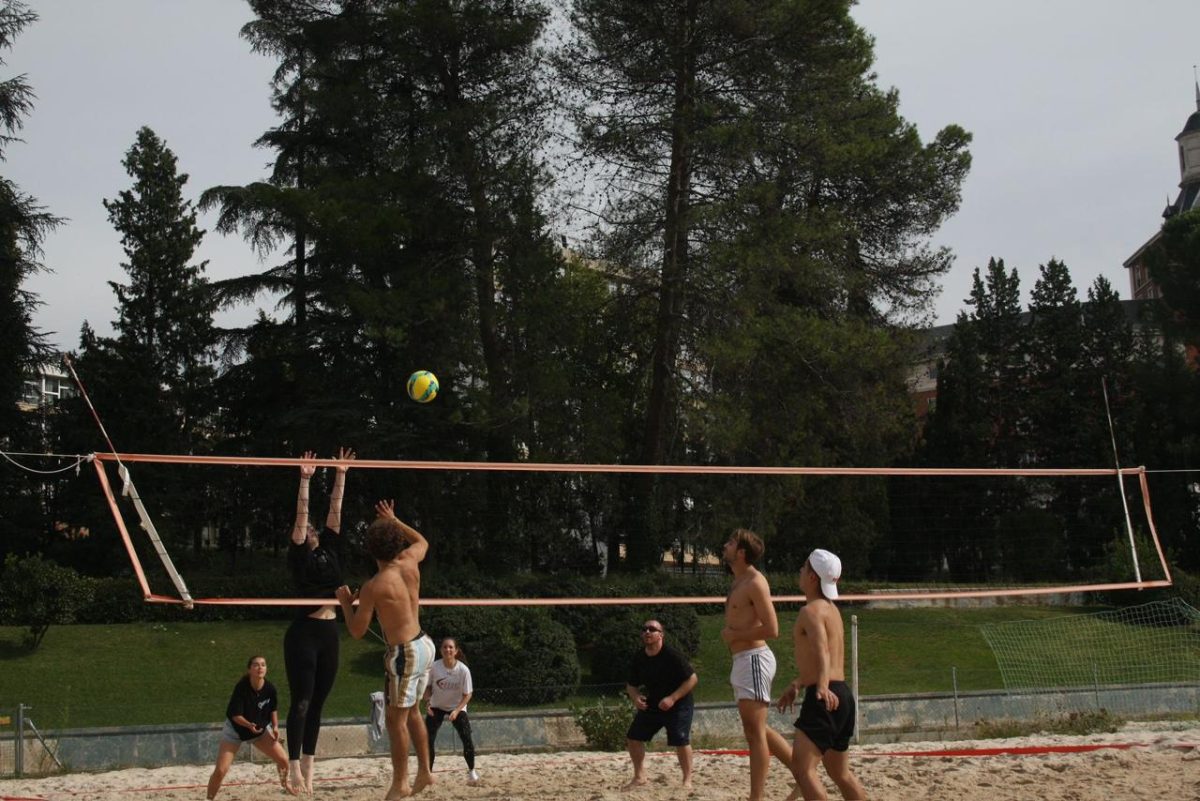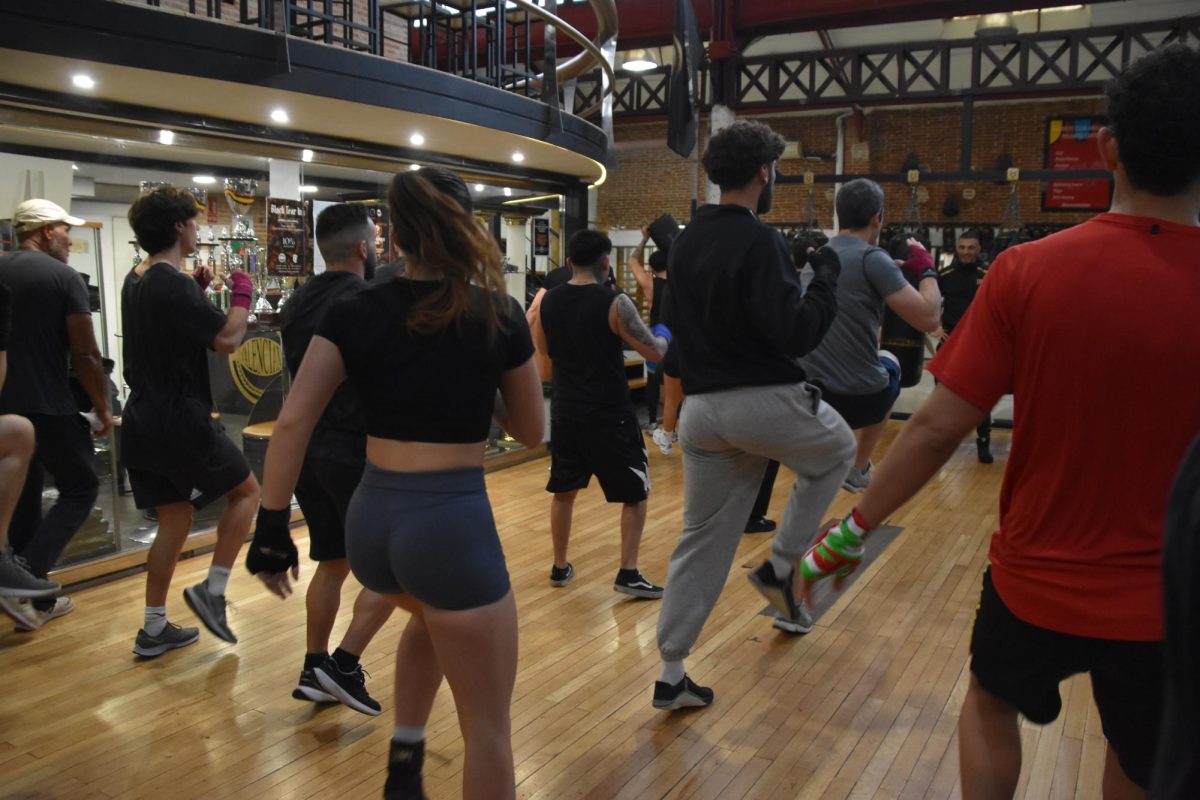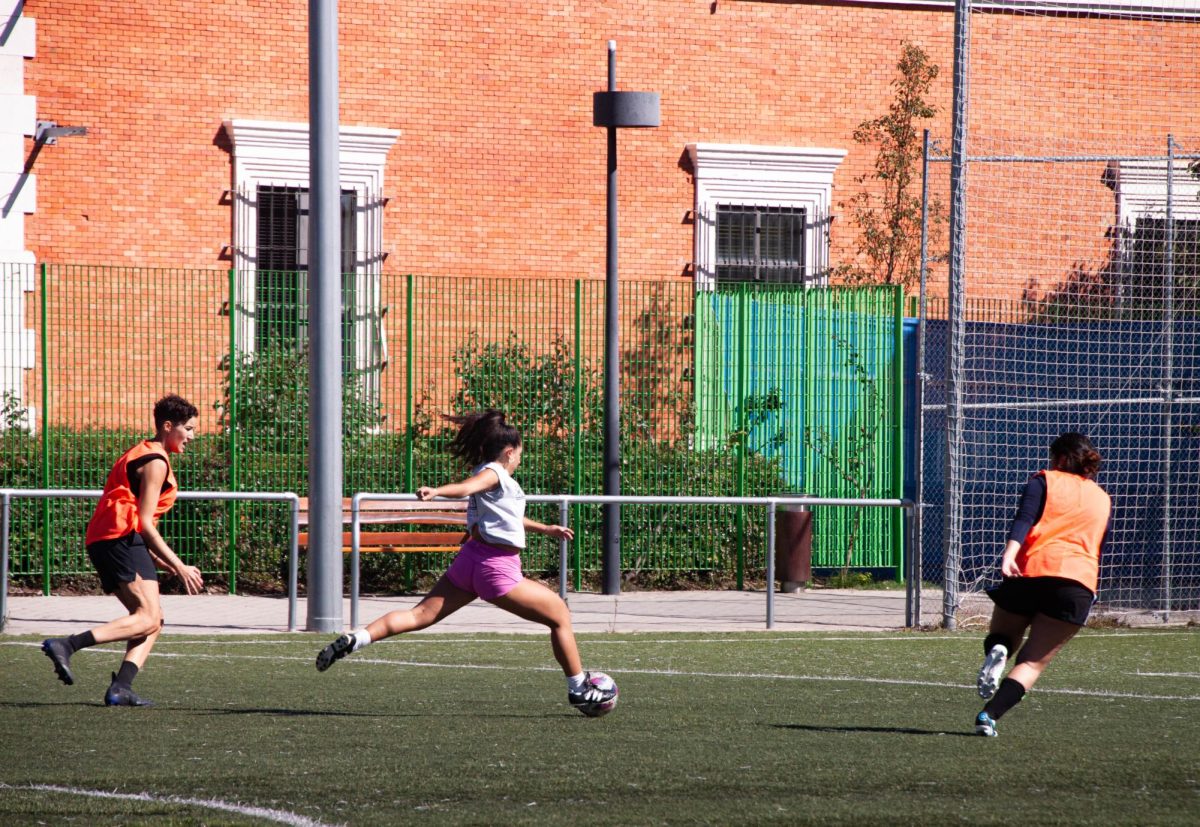Young people living in Madrid are angry at the rising rental prices and lack of affordable housing.
“I live with my parents,” Keisi Ruiz, a 21-year-old from Madrid, “and I think I won’t be living alone until I’m 35 or until my parents die.”
In the last year, rental prices have risen by 10.9% and nearly 50% of Madrid’s 18- to 35-year-olds cannot move out of their childhood homes, according to thenNational Statistics Institute. Roughly 12,000 people like Keisi took to the streets on Oct. 13 to call for solutions to the housing crisis, according to the Spanish government.
The rise in prices has made the possibility of renting almost impossible for young people living in the city center, they said. As a result, many opt to live with their parents or move outside of the city. Demonstrators demanded that housing be considered a right, not a business.
Layre Prado Carames, who is from Madrid and still lives with her parents (not by choice), believes that this is the root of the crisis.
“The problem is our living is a business for the people that have money,” Prado Carames said.
The march was calling for lower rent prices, increased rent regulations, better living conditions and increased investment in social housing, Reuters reported.
Carlos Reyes, a 37-year-old Madrid city resident from Puerto Rico, sees, firsthand, some of the unlivable conditions.
“Especially here in the center there are problems with humidity, the stairs are in terrible condition, and landlords are not responsible,” Reyes said. “They don’t want to pay for anything.”
Those who marched also ridiculed the president of the community of Madrid, Isabel Diaz Ayuso, for opposing the national housing law, aimed at capping sky-high rents, El PaÍs reported.
“Ayuso loves it,” said Alex Ogle, a 37-year-old Vermonter living in Madrid for six years, referring to the high rents. “Ayuso is a big rich person, landlord, and AirBnB president. She’s all about it.”
Marchers threatened both landlords and property managers with stopping rent payments if prices continue to rise, but this could cause legal action to be taken against them. According to article 28 of the Spanish constitution, strikes may only be permitted over workplace matters. Failure to pay rent could allow landlords to demand compensation or eviction.
Some Madrid residents are finding living in the city possible only by special circumstance. Gloria Nichole Keyes moved to Madrid 10 years ago and was fortunate to find a dependable landlord. Her rent hasn’t risen in some time making her continued residence possible.
“I’d imagine that if my landlord told me our building was bought out and she wanted the apartment back, I’d just leave Madrid,” Keyes said.
The current state of housing in Spain is causing many adults to consider a move elsewhere and out of Madrid. Rosario Bustinduy, a working adult from Buenos Aires, believes it has changed the way people live entirely.
“You have to stop doing everything,” Bustinduy said. “You have to reduce your life to be able to pay.”
Some young adults are unbelieving that any amount of movement from the people will push the government to improve housing. The lack of support and inaction from politicians, especially housing minister Isabel Rodríguez, is apparent. This has citizens wondering if the power to make change in Spain really lies in the hands of the people.
“I don’t believe anything can be done right now,” Reyes said. “With the political climate in Spain making it hard to get anything passed, there’s a lot more to be done before we can start mobilizing more.”
Other young people are hopeful that increased public demonstration may push the government to take action even if that action would not benefit landlords and affluent residents.
“People who rent are usually older people and people who have enough money to rent multiple apartments,” Ruiz said. “They won’t give this up after one protest. We have to do more. We must keep moving.”

